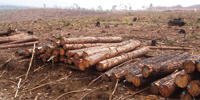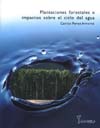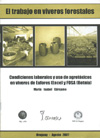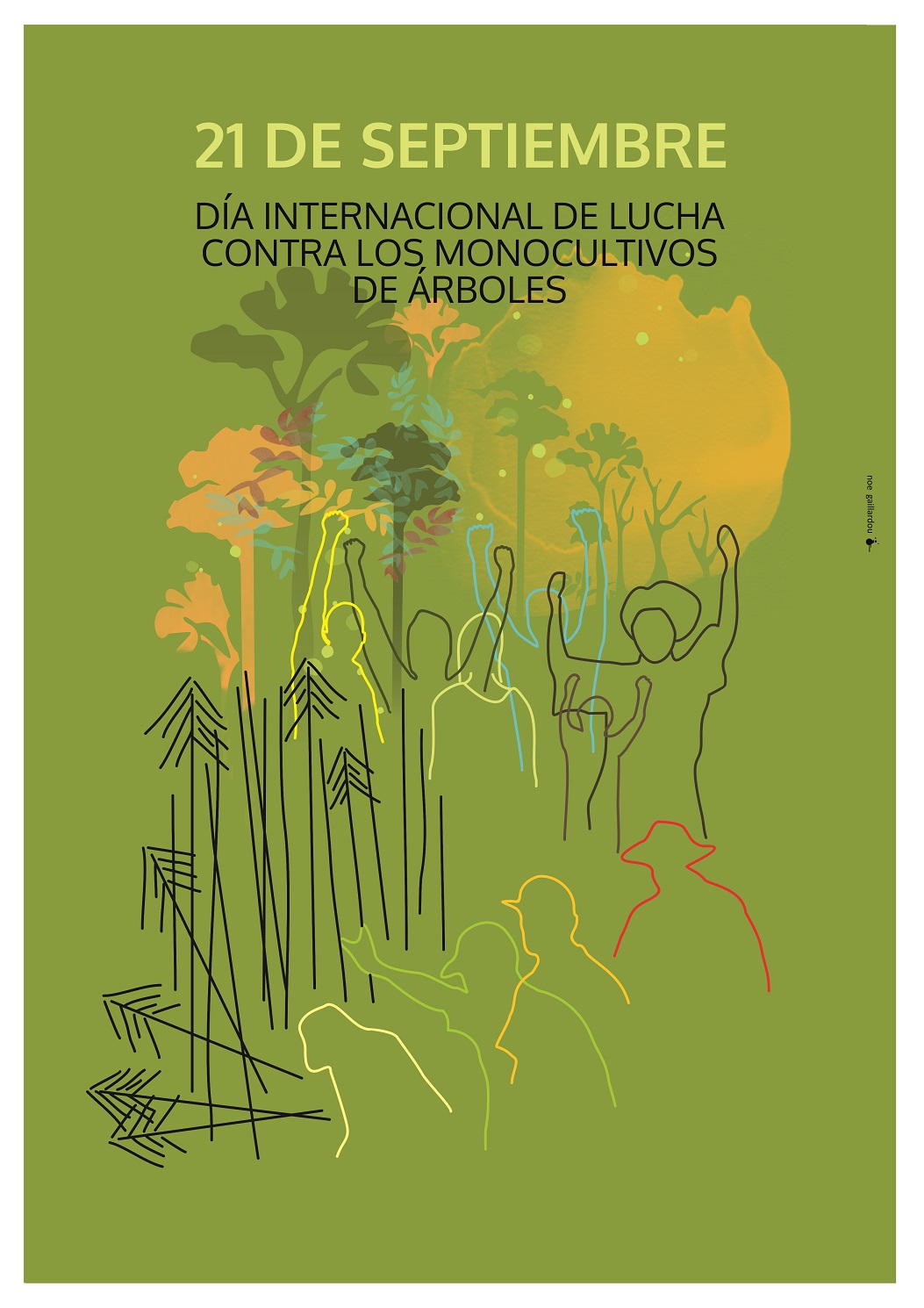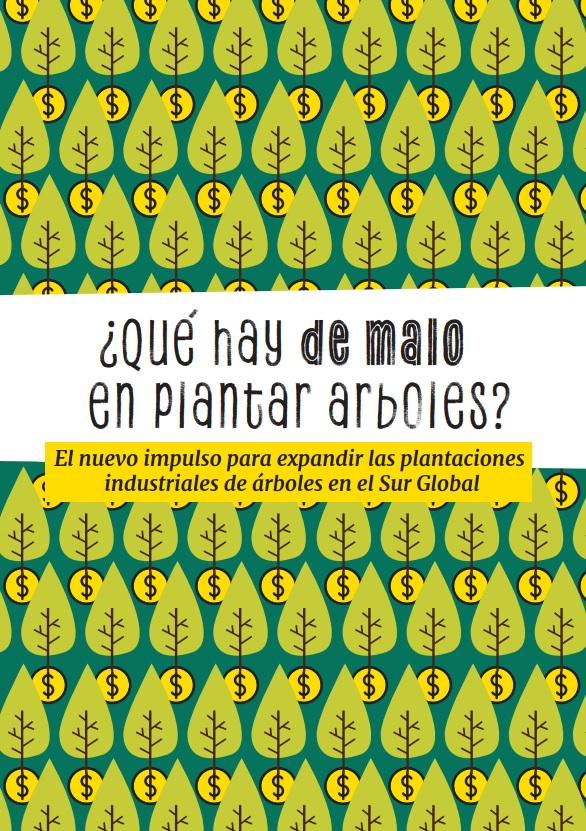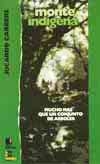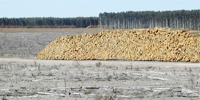Two large national plantation companies (FYMNSA and COFUSA), a Finnish company (Botnia-UPM/Kymmene) and a Spanish company (Ence-Eufores), have received the Forest Stewardship Council (FSC) certificate. This certificate enables the companies to assure that their “forests” (of pine and eucalyptus!) are managed in an environmentally responsible, socially beneficial and economically viable manner. At least this is what the FSC mandate affirms. However, a recent study carried out in Uruguay shows the exact opposite.
With regard to biodiversity it is astonishing that none of the certification companies make any reference to the country’s main ecosystem (grasslands) where the greatest number of plant species develop and on which a major part of the native fauna depend. The explanation is simple: these plantations are established precisely in grassland areas. The options were only two: either ignore the problem or refuse certification. SGS and SmartWood (the two certification companies involved) obviously chose the former.
To make matters worse, these large certified monoculture tree plantations are having impacts on water, implying a chain effect on the numerous plant and animal species linked to wetlands, ponds and streams, that either disappear or have less flow. At the same time they are impacting on the scantly studied soil flora and fauna. For many of these soil-dependent species, plantations result in either a food desert or a toxic environment.
The changes in biodiversity generated by these certified monoculture tree plantations have also had impacts on the local population. In effect these food deserts for the local fauna are empty of people. This turns them into excellent places of refuge for wild boar and foxes, which feed on the agricultural production of the zone, killing sheep and poultry and eating the farmers’ crops, making it almost impossible for these people to survive.
At the same time, the destruction of the ecological balance resulting from these vast monoculture tree plantations has given way to a big increase in the population of poisonous snakes, which attack plantation workers and neighbouring inhabitants (and their animals). They now even find these dangerous snakes inside their houses.
For these and other reasons that have been verified in the above-mentioned study, it is clear that this is not “environmentally responsible” natural resource management.
Regarding social impacts, it has been confirmed that these plantations cause negative changes in the rural environment (much larger land holdings in corporate and foreign hands, depopulation of rural areas, disappearance of other productive activities, impacts on other agricultural outputs), scant employment under precarious conditions (outsourcing systems, temporary employment, low income, piece-work, scant compliance with labour legislation) and very little is contributed as benefits to the local communities. Therefore it cannot be affirmed that they are managed in a “socially beneficial” manner.
As to economic aspects, the study shows that the plantation companies have received all kinds of direct and indirect State support (subsidies, tax breaks, soft loans, the building of highways, maintenance of rural roads affected by the heavy lorries involved in the activities of these companies). This direct economic support, linked to the externalization of environmental impacts (on water, flora and fauna) and social impacts (cheap labour, poor working conditions, damage to other rural activities) have been essential for making viable an activity that without them would have been unviable. That is to say, this is in no way an “economically viable” activity.
The conclusion is clear: large scale monoculture tree plantations installed in Uruguay should have never been certified by FSC, precisely because they are “environmentally inappropriate, socially damaging and economically unviable.” This certification grants a green label to an activity that is increasingly being questioned in Uruguay and that weakens those who seek an environmentally sound and socially beneficial development model… which is precisely what the majority of FSC members want certification to support.
* The study: “Greenwashing industrial tree plantations in Uruguay: a critical assessment of FSC-certified plantations”, by Ricardo Carrere, will be published shortly in both Spanish and English.


